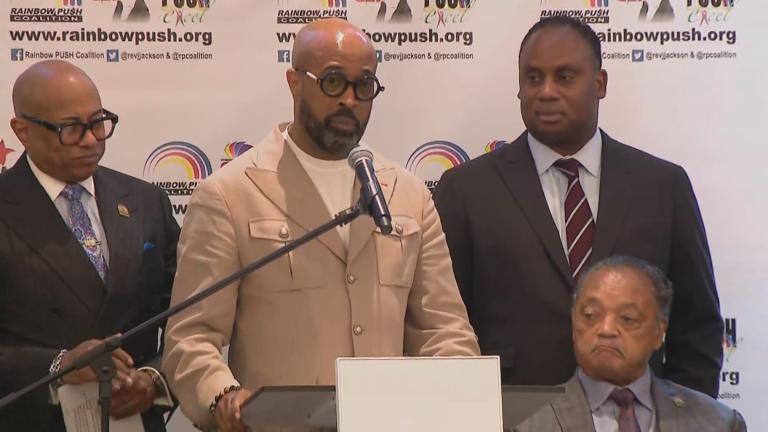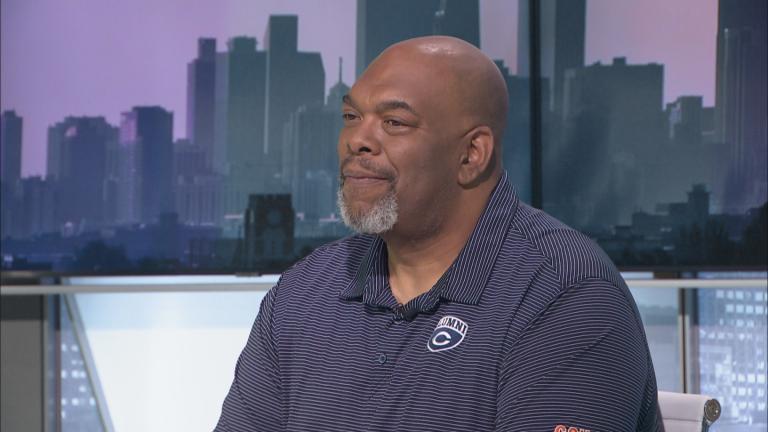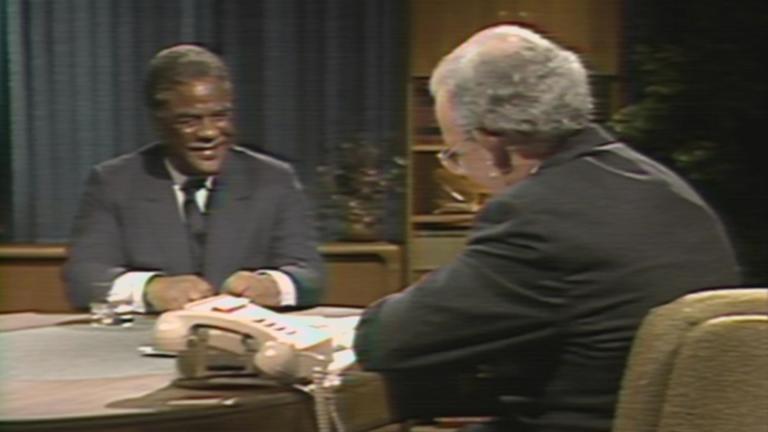Sociologist Sudhir Venkatesh’s new book, “The Tomorrow Game: Rival Teenagers, Their Race for a Gun, and the Community United to Save Them,” centers on two Black teenagers grappling with family obligations, social pressure and their own sense of what it means to be a man as they hurtle toward conflict and ultimately, gun violence.
“They’re what one of the parents called ordinary kids, kids who otherwise really just never get into trouble. And what the story is about is that these two kids, these ordinary kids get wrapped up and they have a little fight between them and that just spirals out of control,” said Venkatesh.
But the bulk of the narrative focuses on those outside the immediate conflict – community members from parents to police to pastors – who rush in to rescue the teens from harm.
“If part one of the book is really about how these two kids get into trouble, part two is about all the people in the community (who) to try to get them out of trouble and keep them safe. And you know, that’s the part that it was really hard for many of us to see who maybe don’t go into the communities, communities that are beset by gun violence, just a range of people that work tirelessly,” Venkatesh said. “So I wanted to change the view that we might have that there’s really nothing there or there’s no supports for people. In fact, there’s a rich network of people, from clergy, to off-duty police officers, to school teachers who are trying to figure out how do you get these two kids out of trouble as fast as they got in?”
The narrative nonfiction book is based on Venkatesh’s 30 years spent studying South Side communities.
“What I really wanted to do so many of my other works had taken a big picture view. What I did was I found two families that most of us might just ignore even if we’re in the community,” he said. “These are churchgoing families, these are families that otherwise had really not a lot of trouble with their kids. And I just wanted to slow things down because I think some of the statistics and some of the media coverage really makes it difficult for us to see the daily challenges.”








